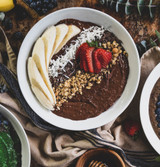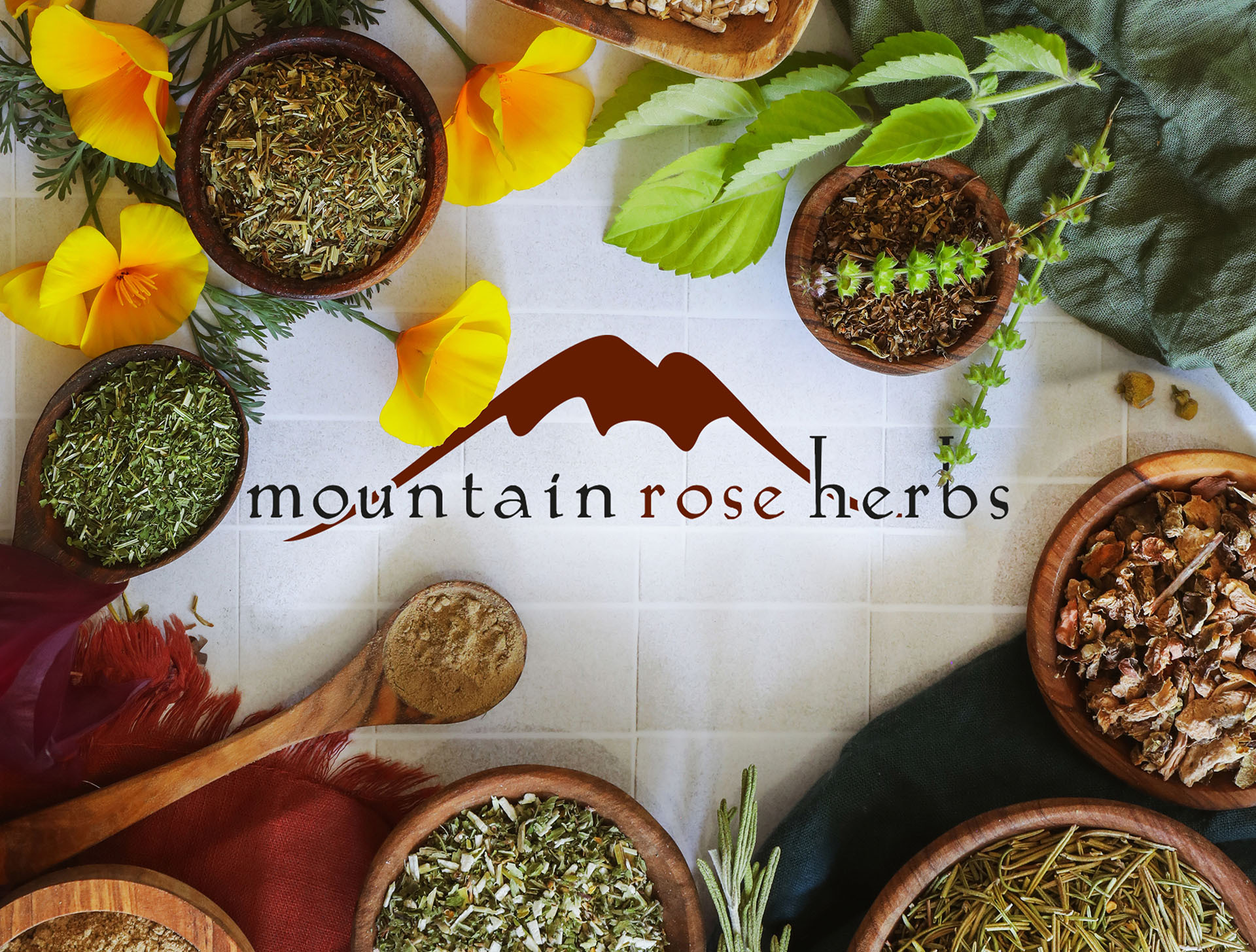Vanilla planifolia is a tropical orchid with an exquisite, edible fruit, the vanilla bean. Although whole vanilla beans have become one of the world’s most expensive spices, they can be worth the splurge for their complexity of flavor. Our organic vanilla beans are transcendent in dessert recipes such as homemade ice cream, shortbread, and cakes. The spent pods can even be used to make homemade vanilla extract and vanilla sugar.
Vanilla may easily be one of the most well-known flavors in the world. The flavor is derived from the ripened fruit of a tropical orchid, Vanilla planifolia, the only orchid in the world that produces an edible fruit. In the wild, vanilla vines (which attach themselves to living trees) may grow to a length of 80 feet or more. At the time of Cortez's visit to the New World, the conquistador observed the Aztec royalty enjoying a sweet drink of vanilla-scented chocolate. Impressed, he took sacks of vanilla beans back to Europe with him along with the gold and gems of the defeated Aztec empire. For the next few hundred years, attempts to cultivate the vanilla orchid outside Mexico and Central America proved futile, until a 12-year-old French slave discovered how to hand-pollinate the plant in 1841.
Even so, the bulk of the world's supply of vanilla is provided by only a handful of countries (primarily India, Madagascar, Mexico and Tahiti). It is the world's costliest spice after saffron, as the growth process is long and labor intensive. Vanilla orchids bloom for only a day, during which time they must be pollinated by hand. Even after the plants have produced their pods, they must be checked daily so that each pod is harvested at just the right time. After harvest, the pods go through an elaborate process of curing to maximize the flavor and fragrance.
The mythology of the pre-Columbian Totonac tribe (who resided in what is now Mexico) refers to vanilla as an aphrodisiac, and it is still used for that purpose in aromatherapy today. Vanilla's sweet, mild flavor is one of the most popular the world over, and while it is considered "plain", it is really a complex layering of sweet and spicy flavors that have been used for centuries to flavor everything from chocolate to milk. Today, the US is the world's leading importer and consumer of vanilla beans. While vanilla extract is widely used as a flavoring, many gourmet chefs insist that true vanilla flavor can only be derived from the pod itself. In addition to its use as a food flavoring, vanilla is used to scent everything from perfumes to candles and lotions. It is also used in medicine as a flavoring and to improve the appetite.
The ripe and fermented fruit (pod), also called the bean, is used whole. Whole beans can be steeped in alcohol to create vanilla extract or placed in sugar to make a vanilla-flavored sugar.
There are approximately 5-7 vanilla beans per ounce.
Precautions
No known precautions. We recommend that you consult with a qualified healthcare practitioner before using herbal products, particularly if you are pregnant, nursing, or on any medications.
This information has not been evaluated by the Food and Drug Administration. This product is not intended to diagnose, treat, cure, or prevent any disease. For educational purposes only.











